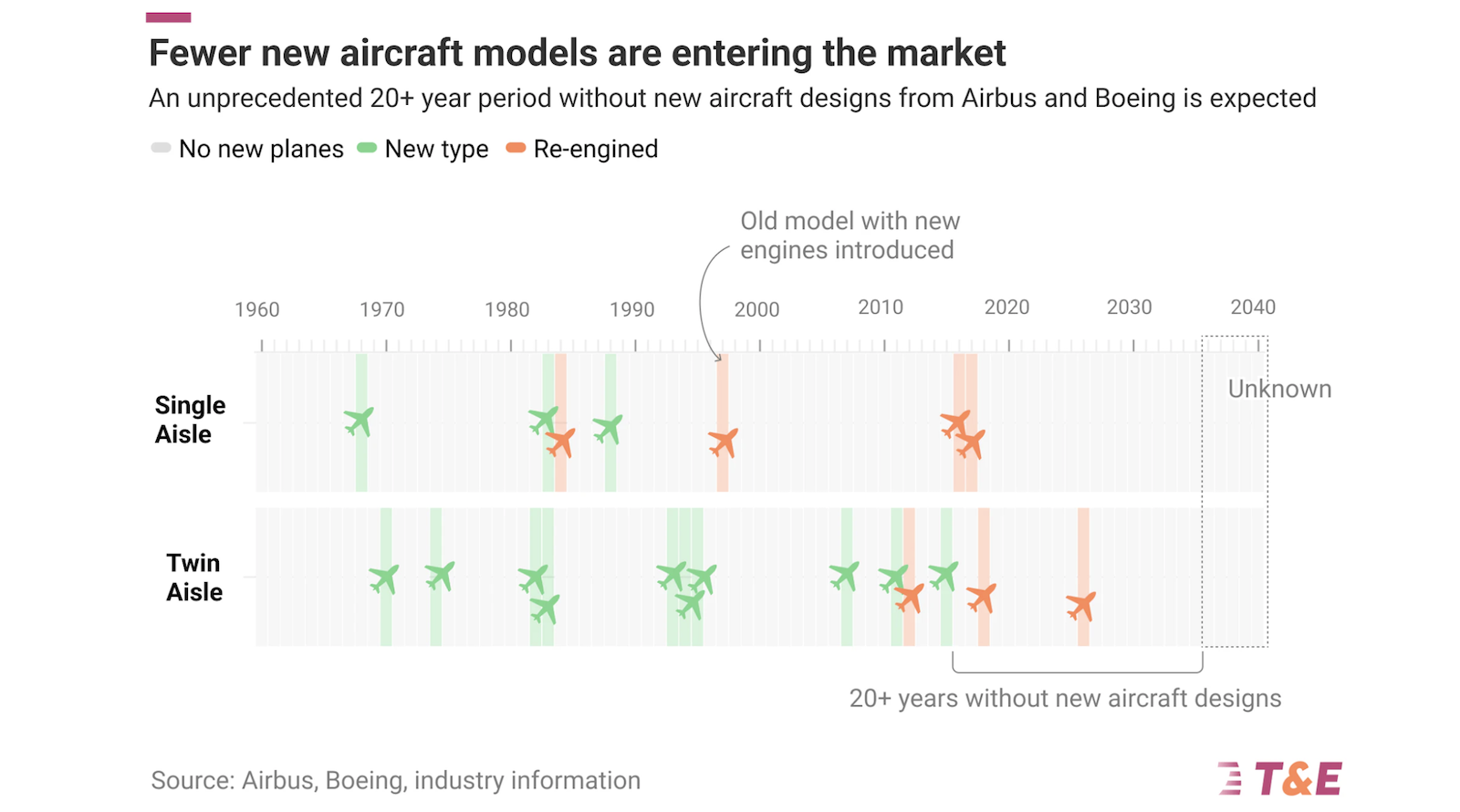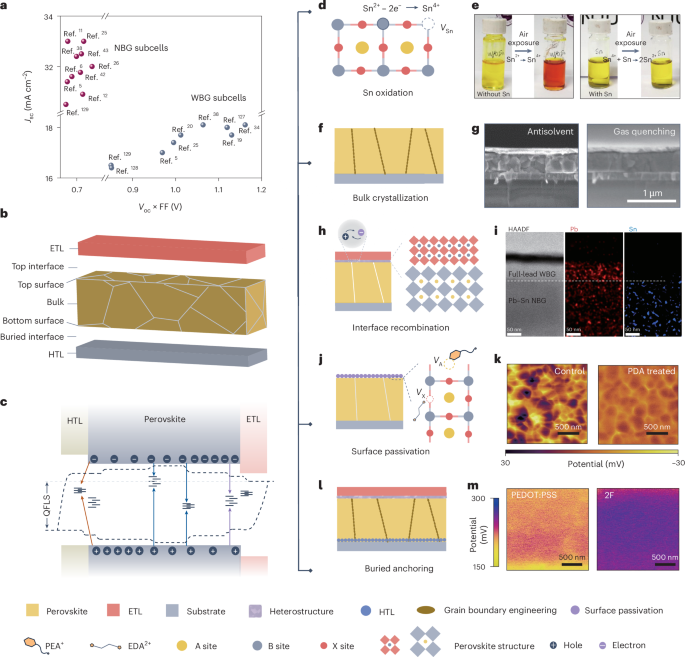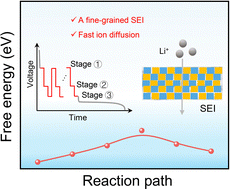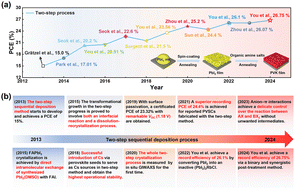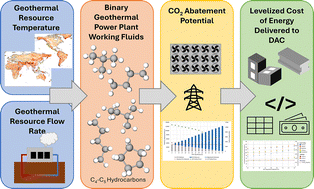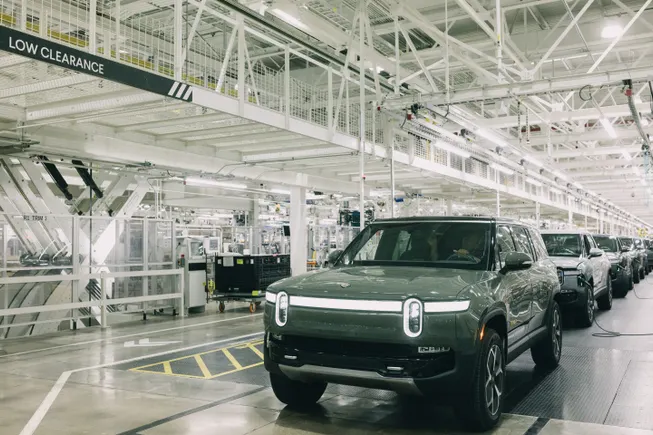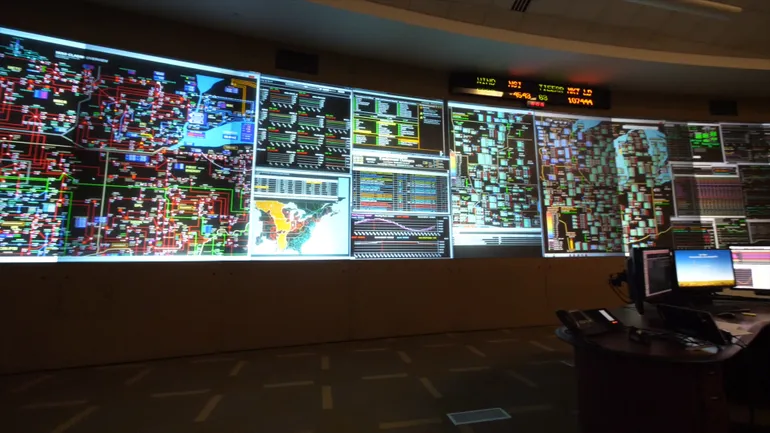State‐of‐the‐Art Machine Learning Technology for Sustainable Lithium Battery Cathode Design: A Perspective
Advanced Energy Materials, EarlyView.

Machine learning applications in Li-ion batteries.
Abstract
Technology for lithium-ion batteries (LIBs) is developing rapidly, which is essential to modern devices and renewable energy sources. The latest development focuses on the optimization of cathode materials, which is critical in determining battery performance and durability. Conventional methods of designing cathode materials frequently encounter difficulties such as material deterioration, low predictive ability, and expensive experimentation. By facilitating data-driven insights, machine learning (ML) has become a potent instrument for addressing these issues. This perspective investigates how ML is used in the design and lifespan estimation of LIB cathode materials. The limitations of empirical approaches and cathode material deterioration mechanisms are highlighted. Subsequently, diverse ML techniques are explored, including regression models, deep learning, and optimization algorithms. The combination of ML and experimental research results in more effective and knowledgeable decision-making. The potential of ML to transform LIB materials is discussed. Looking ahead, there are a lot of intriguing opportunities for future developments, including the possibilities for customized battery solutions, emerging sophisticated ML approaches, integration with high-throughput computing, ML-driven collaboration, and open science. By leveraging ML to enhance understanding and guide experimentation, researchers will enter a transformative era to accelerate the development of high-performance cathode materials and reliable and long-lasting rechargeable batteries.










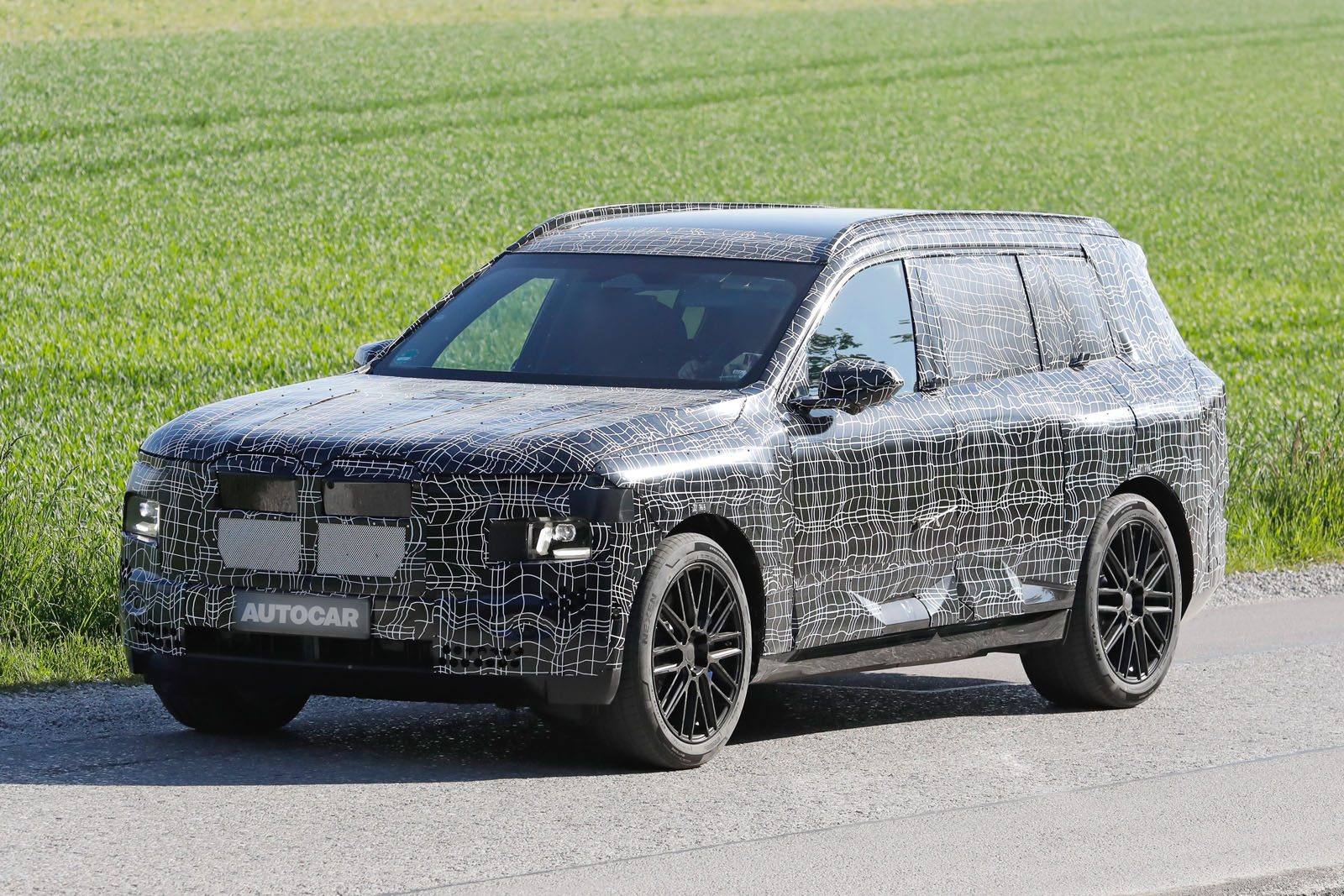
















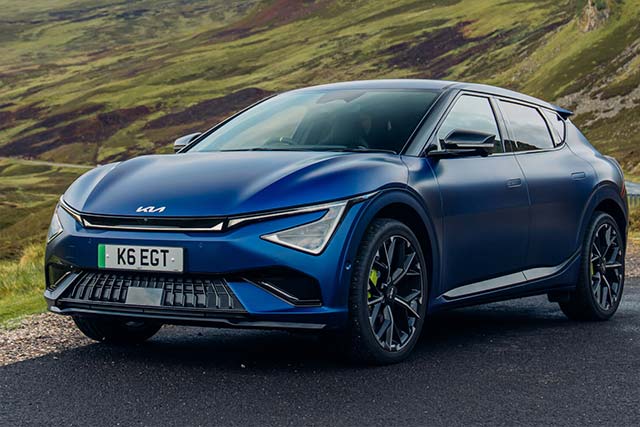

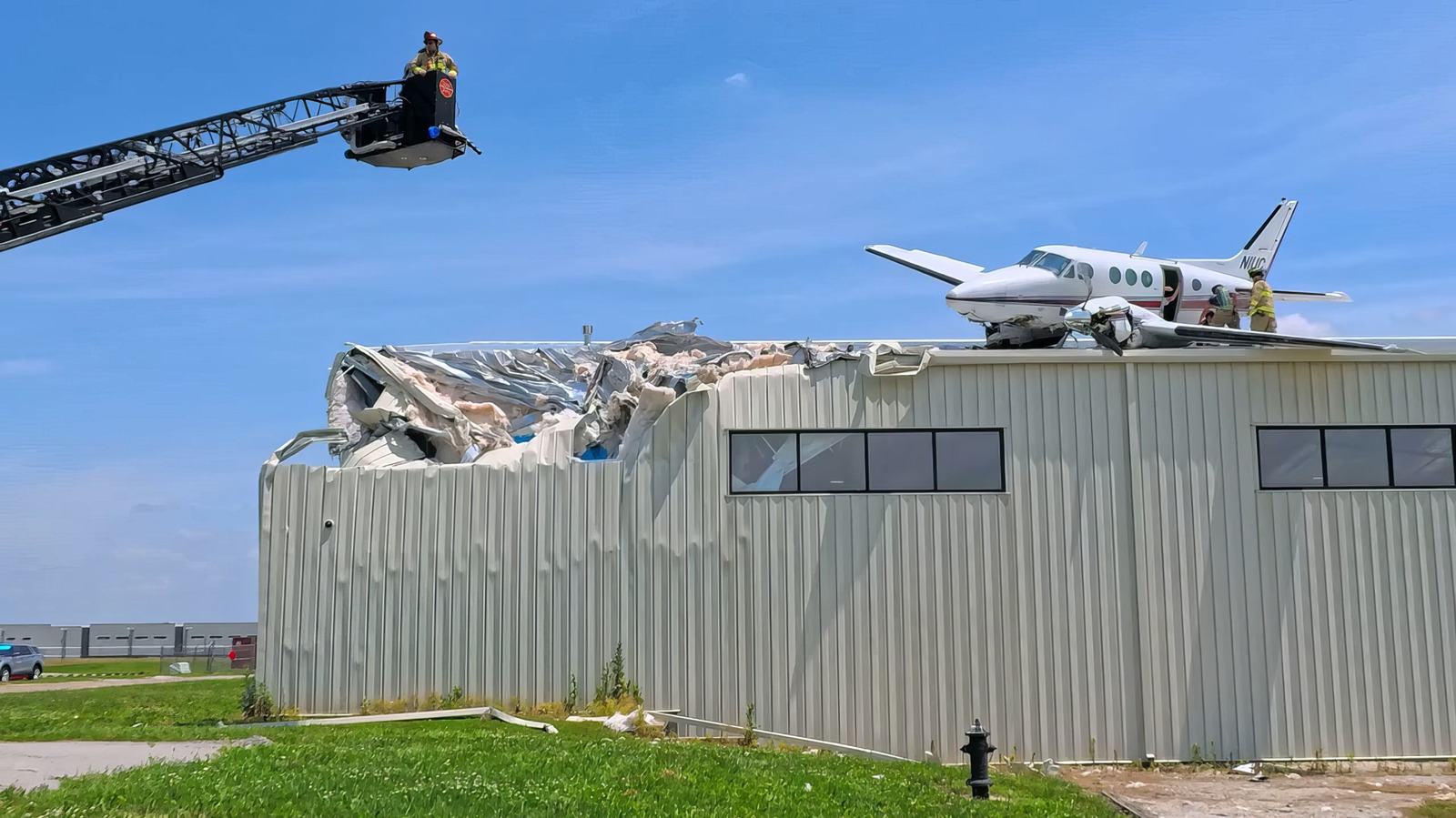
































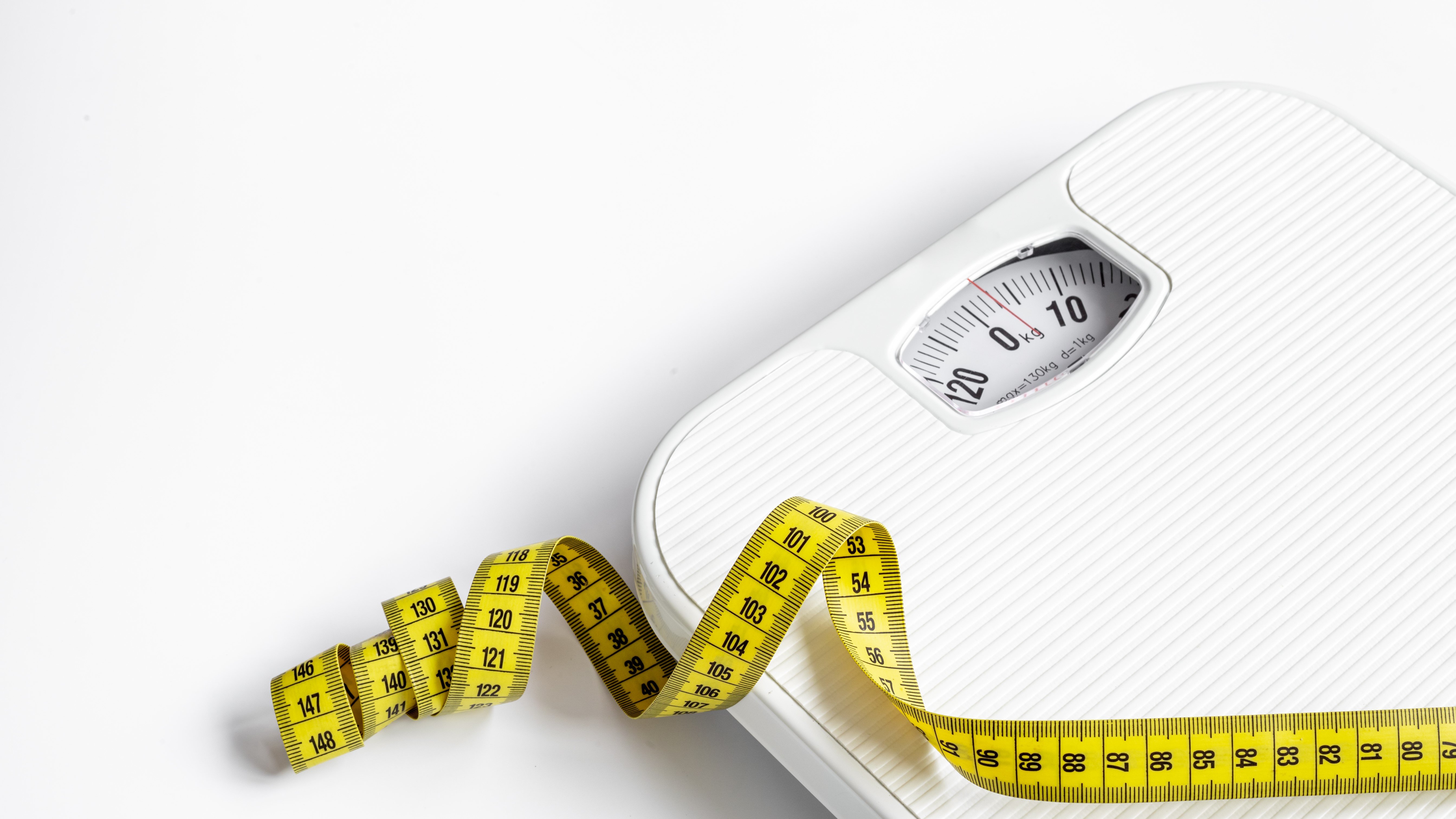


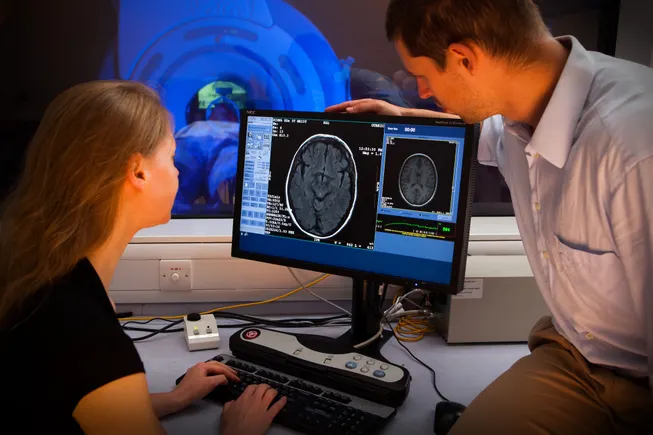

























![The American contingent and Turkey’s autonomy goals: Paris Air Show Day 3 [Video]](https://breakingdefense.com/wp-content/uploads/sites/3/2025/06/Wednesday-Wrap.00_00_32_21.Still001.png?#)
![A look at the jets flying high above the Paris Air Show [PHOTOS]](https://breakingdefense.com/wp-content/uploads/sites/3/2025/06/Rafale_02-scaled-e1750268097167.jpg?#)


























